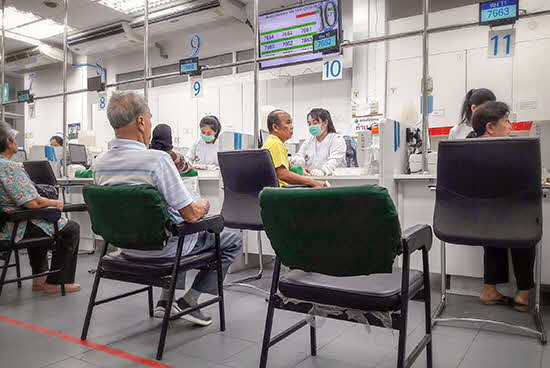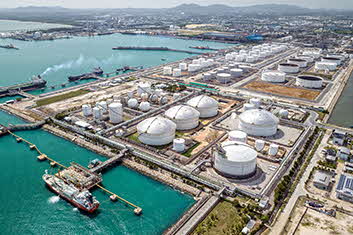Key opportunities
-
Green Economy
-
Manufacturing
-
Digital Economy
-
Healthcare

Thailand has set climate targets of carbon neutrality by 2050 and net-zero emissions by 2065, backed by a THB 41 billion (USD 1.2 billion) investment in bio-circular green (BCG) sectors through 2027.
This green transition is gaining strong private sector momentum, with Thai conglomerates actively pursuing sustainability initiatives across electric vehicles, energy efficiency, and renewable energy. The government complements these efforts with targeted incentives and policies for BCG investments, creating opportunities for companies aligned with Thailand's sustainable development goals.

Thailand's manufacturing sector operates with established infrastructure, supply chains, and skilled labour. The Thailand 4.0 initiative focuses on integrating new technologies in manufacturing, with electric vehicles and smart electronics among the Board of Investment's priority sectors.
The Eastern Economic Corridor (EEC) development across Chonburi, Chachoengsao, and Rayong provinces targets THB 500 billion (USD 15.3 billion) in investments by 2027. The EEC offers specific incentives and regulatory frameworks for qualifying investments in advanced manufacturing and innovation.

Thailand aims to develop its digital economy to contribute 30% of GDP by 2027. The Office of the National Digital Economy and Society Commission's Digital Roadmap focuses on cloud adoption, AI development, and digital workforce enhancement.
The fintech sector shows growth in digital payments, cross-border transactions, wealth management, and cybersecurity solutions. In the data centre industry, global hyperscalers announced USD 8.5 billion in investments in 2024, indicating expansion in Thailand's digital infrastructure capacity.

Thailand is a leading global medical tourism destination. The country is expanding its universal healthcare coverage through digital health services and telemedicine, while the Thailand Genome 2.0 programme focuses on precision medicine and genetic research to enhance disease prevention and treatment.
Healthcare demand is expected to increase as Thailand's population ages, with projections showing 20% of the population will be over 65 by 2029. This demographic shift is driving demand for innovative healthcare services, medical facilities, and technological solutions in patient care and clinical research.
Learn about Thailand's business hubs

As Thailand’s capital, Bangkok is also Thailand’s financial hub, and the world’s retail innovation, entertainment, and lifestyle hub. It houses approximately 9.27 million people – making it the most populated city in the country. It is also home to the country’s financial hub and over one-third of Thai banks, as well as over 1,000 tech startups in e-commerce, fintech, and property tech.

A special economic zone of three provinces in eastern Thailand, this hub for advanced manufacturing and services has strong connectivity to its ASEAN neighbours by land and sea. Enjoy special tax reductions and preferential rates as an investor.
Ways for you to start in Thailand
-
Learn about doing business in Thailand and tap our range of programmes to set your business up for success.
-
Get in touch with partners, government agencies, and Singapore associations to help you enter Thailand.

